Recent headlines and studies are reporting an increased risk of patients with textured breast implants developing a rare form of cancer called breast implant-associated large-cell lymphoma. Disturbingly, a new study is now showing a link between textured implants placed after a mastectomy and an increased risk of breast cancer recurrence.
The study conducted by the Samsung Medical Center followed 650 women who underwent a total mastectomy and immediate implant-based breast reconstruction using both smooth (39.9%) and textured (60.1%) implants. By the four year follow up period, 28 women (4.1%) were diagnosed with a type of breast cancer recurrence. Of those, 23 received the textured implant and 5 received a smooth implant. Interestingly, the negative association had no relation to the stage of cancer or ER (estrogen receptor) status.
“We believe that this study raises an urgent need for further well-designed investigations, which either may refute the findings of this study with more solid evidence and reassure patients or may produce similar results and lead to increased caution in breast cancer surveillance,” the authors of the study stated in their findings published in the October issue of JAMA Surgery.
Although these findings are concerning, there are several study limitations which indicate further studies are needed for us to have a more definitive understanding between textured implants and breast cancer recurrences. The sample size of patients in this study is considered small, and the 4-year follow-up period was “inadequate… especially for ER-positive breast cancer”, as mentioned by the editors themselves.
So, what does this mean for patients?
At PRMA, we firmly believe patients should be fully informed of all their breast reconstruction options before undergoing surgery. This includes discussing the risks and benefits associated with each reconstruction option…including the option of NOT undergoing reconstruction.
For patients seeking implants, it is important to discuss the type of implant used with your surgeon. Implants can have either textured or smooth surfaces, and can be filled with saline or silicone gel.
Although implants are a great option for some patients, autologous reconstruction options (like the DIEP flap) are a safe, natural alternative for patients seeking reconstruction after mastectomy. Unlike implants, autologous reconstruction options (referred to as “flaps”) have not been found to increase the risk of breast cancer recurrence or any other rare cancers. Several studies also show that flaps are associated with higher patient reported satisfaction and fewer complications following radiation treatments.
There are a variety of flap-based reconstruction options. Tissue can be transplanted from the lower abdominal region, the inner or outer thighs, the buttock, and the back.
What if you currently have textured implants?
First and foremost, remember that this is NOT an emergency. However, we encourage patients with textured implants who are concerned to schedule a follow up appointment with their surgeon to review their individual situation. We also recommend patients become familiar with the signs and symptoms associated with BI-ALCL. For patients who simply want to remove their textured implants, that is an option too. Further surgery to replace the implant with a safer implant or your own tissue is possible any time, as is the option to simply remove the implant and go flat.
Author: Dr. Minas Chrysopoulo and Courtney Floyd
For patients seeking implant options, it is important to discuss the type of implant used with your surgeon. Implants can range from textured to smooth and can be filled with saline or gel/silicone.
Although implants are a great option for some patients, autologous reconstruction options (like the DIEP flap) are a safe-natural implant-alternative option for patients seeking reconstruction after mastectomy.
Leave Comment
Sign Up for Our Monthly Newsletter
Continue Reading
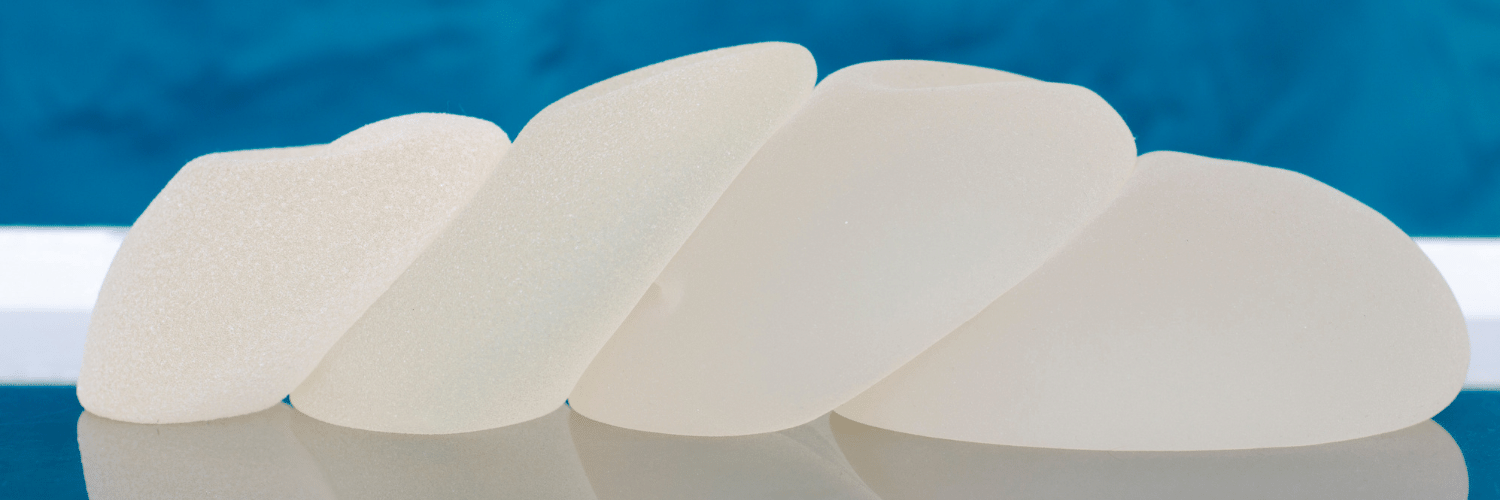
Do Textured Implants Increase the Risk of Breast Cancer Recurrence?
Do Textured Implants Increase the Risk of Breast Cancer Recurrence? January 12, 2021 Share on Facebook Twitter Linkedin Recent headlines and studies are reporting an increased risk of patients with textured breast implants developing a rare form of cancer called breast implant-associated large-cell lymphoma. Disturbingly, a new study is now showing a link between textured […]
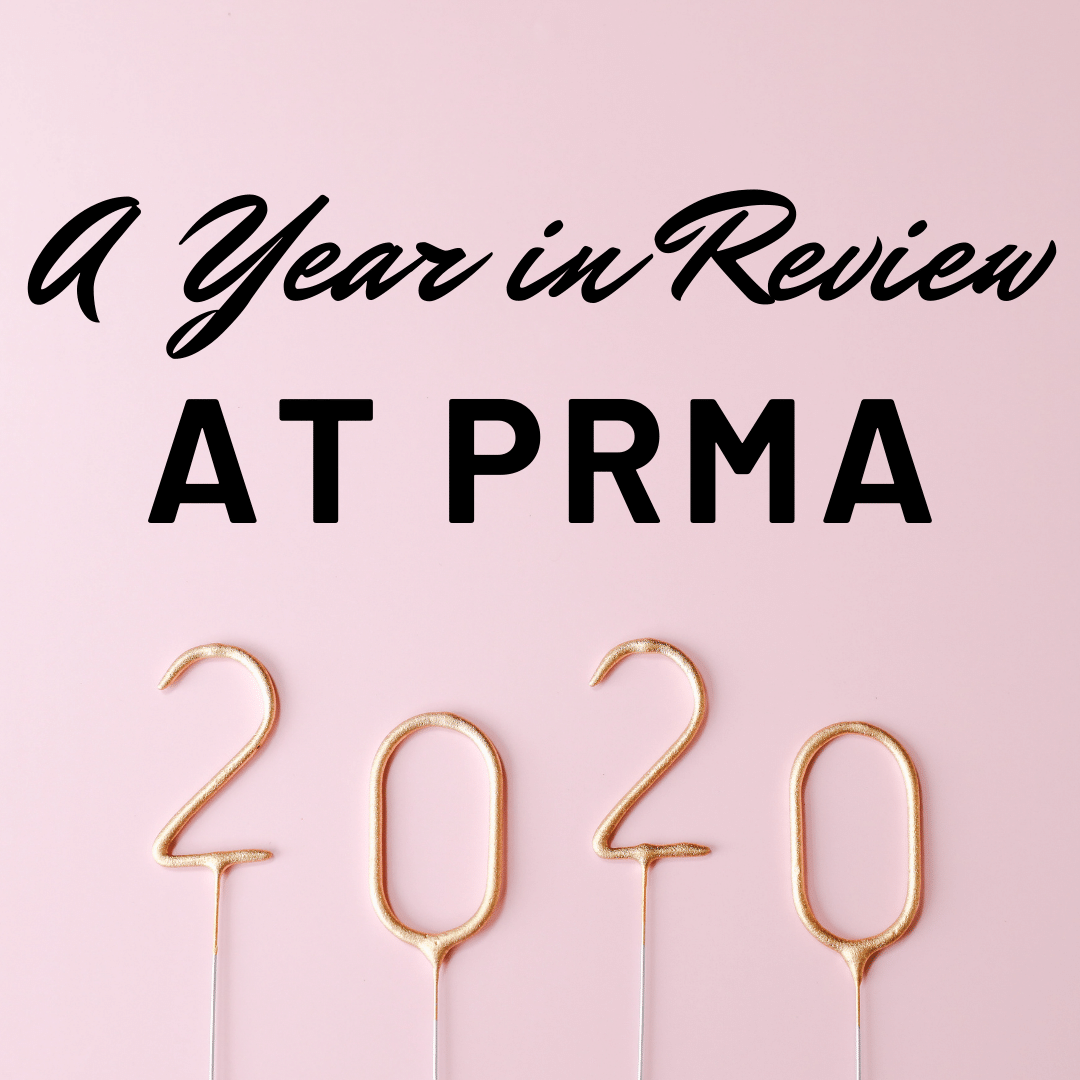
A Year in Review at PRMA – 2020
A Year in Review at PRMA – 2020 December 28, 2020 Share on Facebook Twitter Linkedin The COVID-19 global pandemic is an event that has made 2020 a year like no other. It can be hard to feel optimistic or reflect on the good with a year full of unprecedented change. “This past year has […]
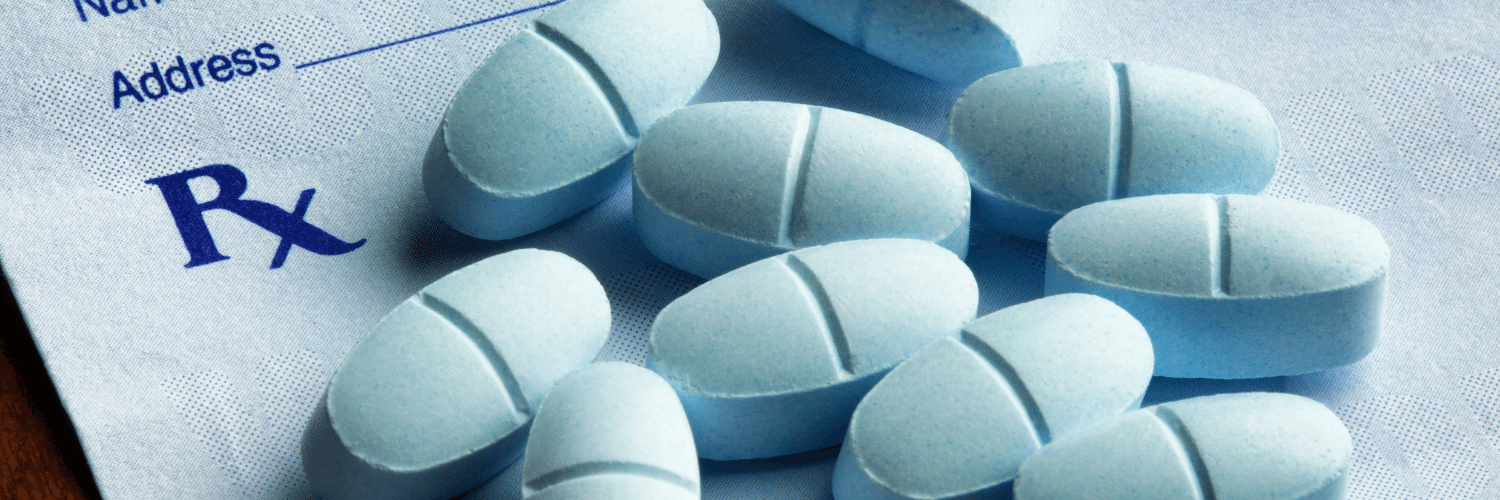
Reducing the Risk of Chronic Opioid Use After Breast Reconstruction with ERAS Protocol
Reducing the Risk of Chronic Opioid Use After Breast Reconstruction with ERAS Protocol December 16, 2020 Share on Facebook Twitter Linkedin A study presented at the 2020 San Antonio Breast Cancer Symposium reported that women with breast cancer may be at a high risk of developing a chronic opioid addiction following mastectomy and reconstructive surgery. […]
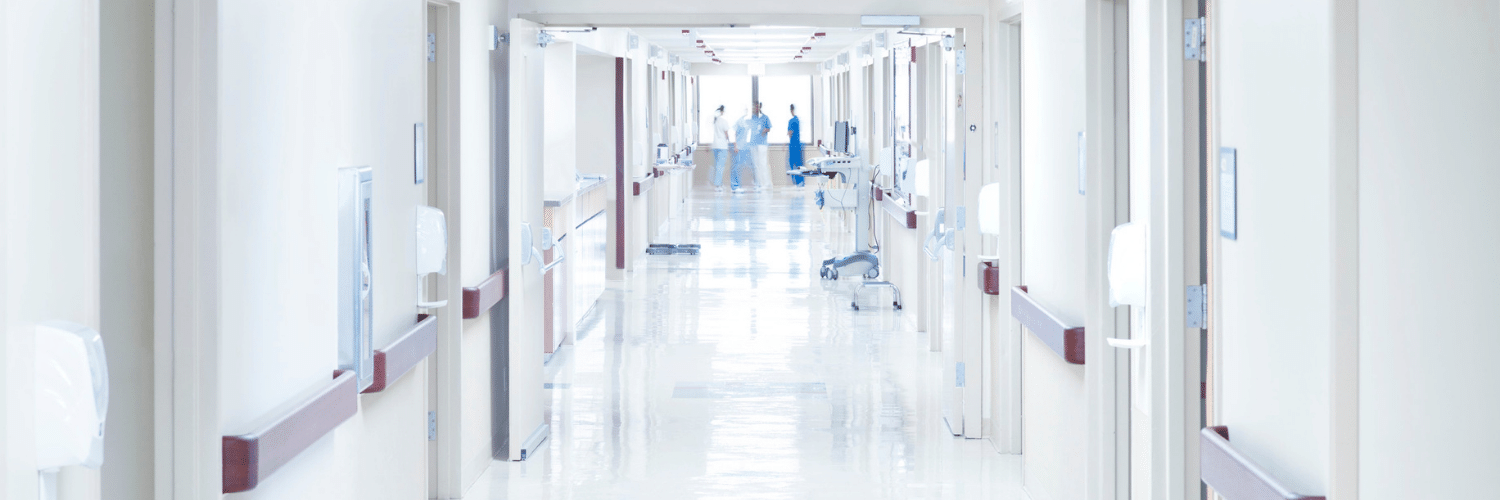
Hospital Stay After DIEP Flap Breast Reconstruction: What to Expect
Hospital Stay After DIEP Flap Breast Reconstruction: What to Expect December 09, 2020 Share on Facebook Twitter Linkedin Following DIEP flap breast reconstruction, patients are typically in the hospital for about 2-3 days. During that time, patients often wonder what they should expect. Here is what a typical hospital stay for PRMA patients entails… Flap […]
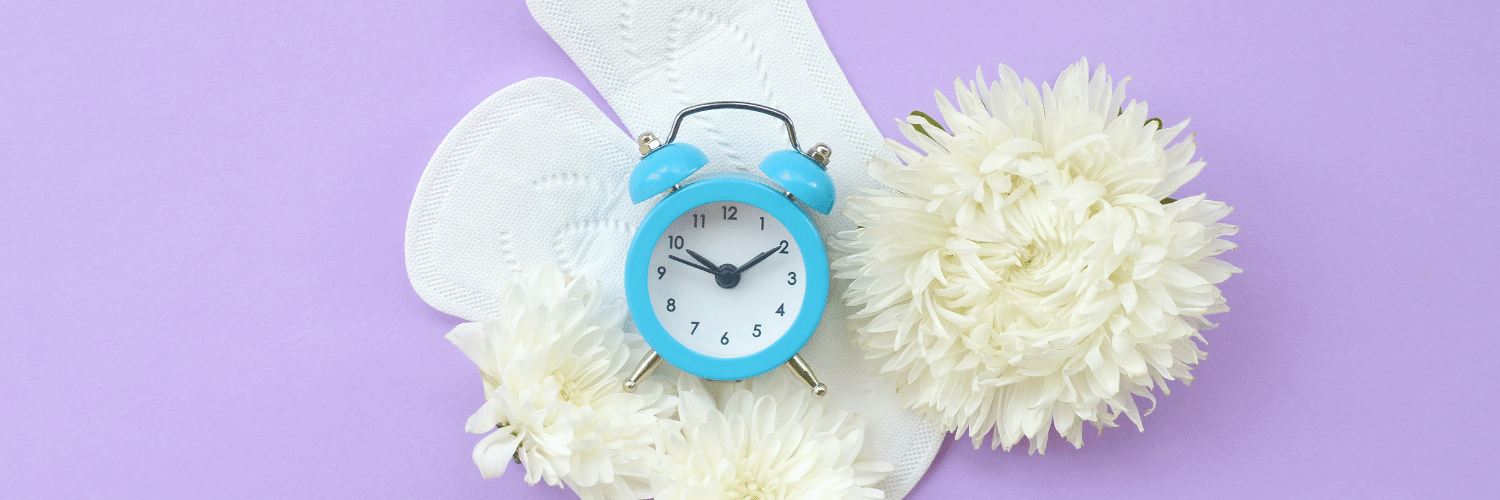
Breast Reconstruction Surgery and Your Period
Breast Reconstruction Surgery and Your Period December 02, 2020 Share on Facebook Twitter Linkedin During our pre-operative appointment with patients, a topic that occasionally arises is menstrual cycles. It is completely normal for women to experience changes with their periods throughout breast cancer treatments. These can be temporary or permanent. Periods can be unpredictable following […]
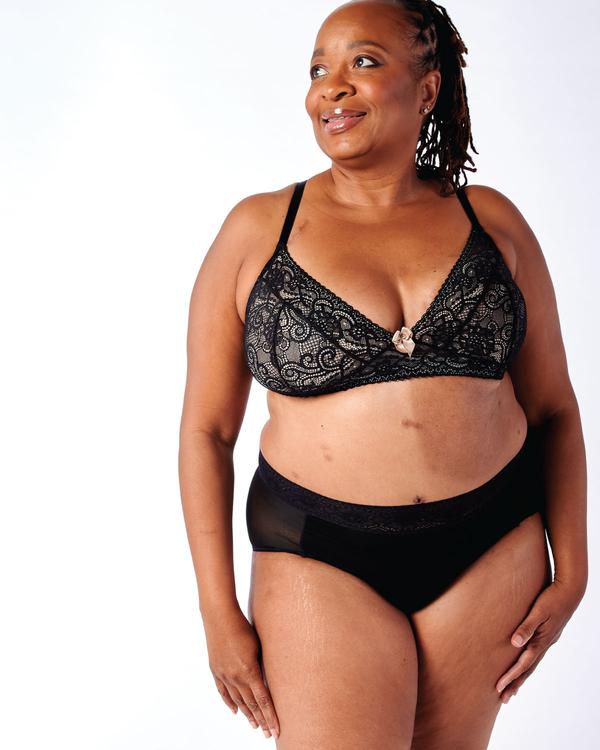
What Bras and Abdominal Girdles to Wear After Breast Reconstruction Surgery
What Bras and Abdominal Girdles to Wear After Breast Reconstruction Surgery November 17, 2020 Share on Facebook Twitter Linkedin When preparing for breast reconstruction surgery, many patients want to know what types of bras and abdominal girdles they should plan to wear after surgery. Although every surgeon has slightly different preferences, we have put together […]

My 5 DIEP Flap Realities | A Guest Blog From Julie
My 5 DIEP Flap Realities October 28, 2020 Share on Facebook Twitter Linkedin Hi everyone, my name is Julie from It’s a Bosom Thing. I am so happy to be here as a guest blogger and have this opportunity to share with you a few thoughts about life after DIEP Flap Surgery. I was diagnosed […]
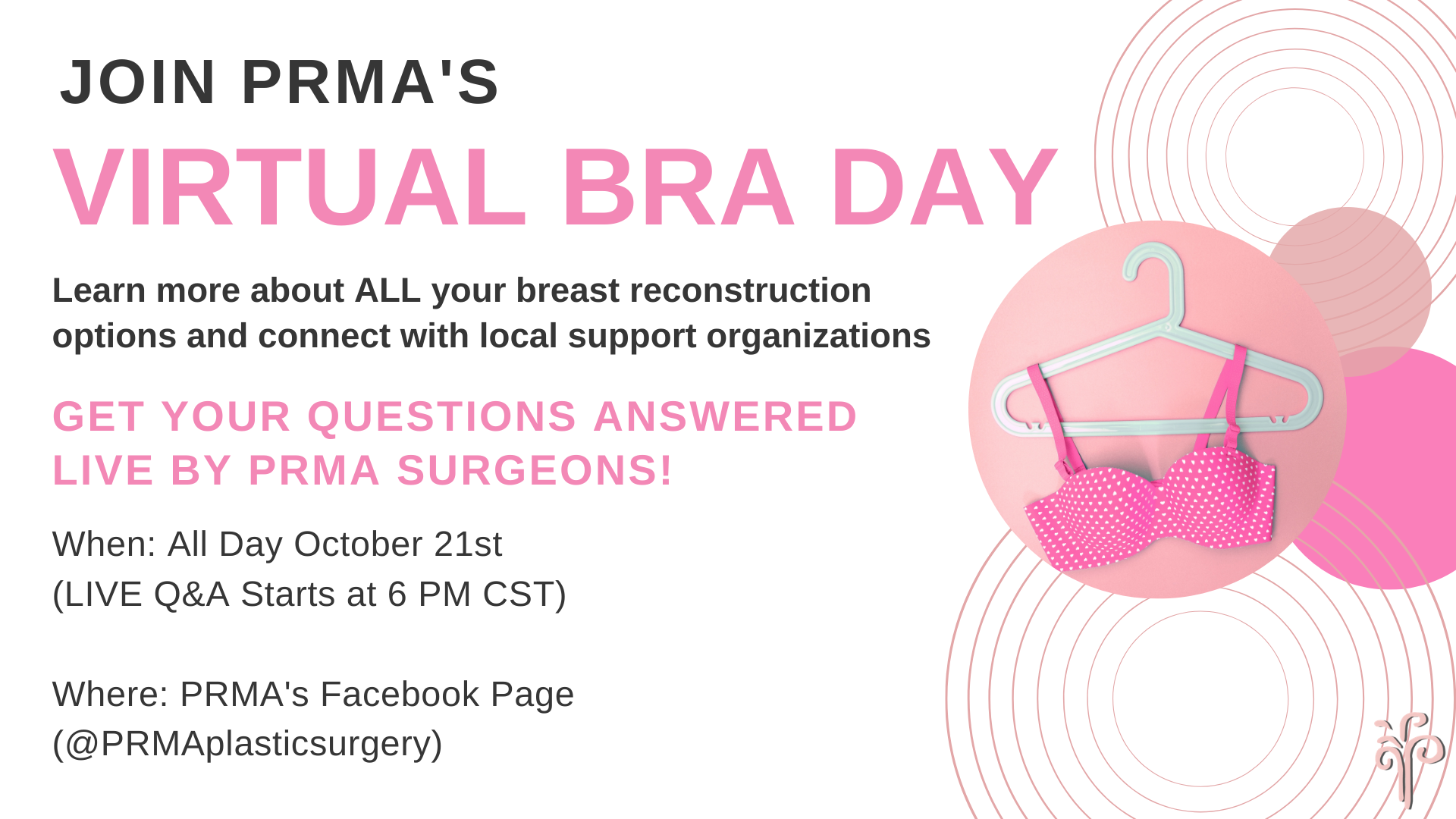
PRMA’s BRA Day Virtual Event Recap
PRMA’s BRA Day Virtual Event Recap October 22, 2020 Share on Facebook Twitter Linkedin Yesterday we celebrated Breast Reconstruction Awareness day! Although we missed seeing everyone in person this year, we were still able to spread education and awareness on ALL reconstructive options through our virtual efforts. We were also able to share information on […]
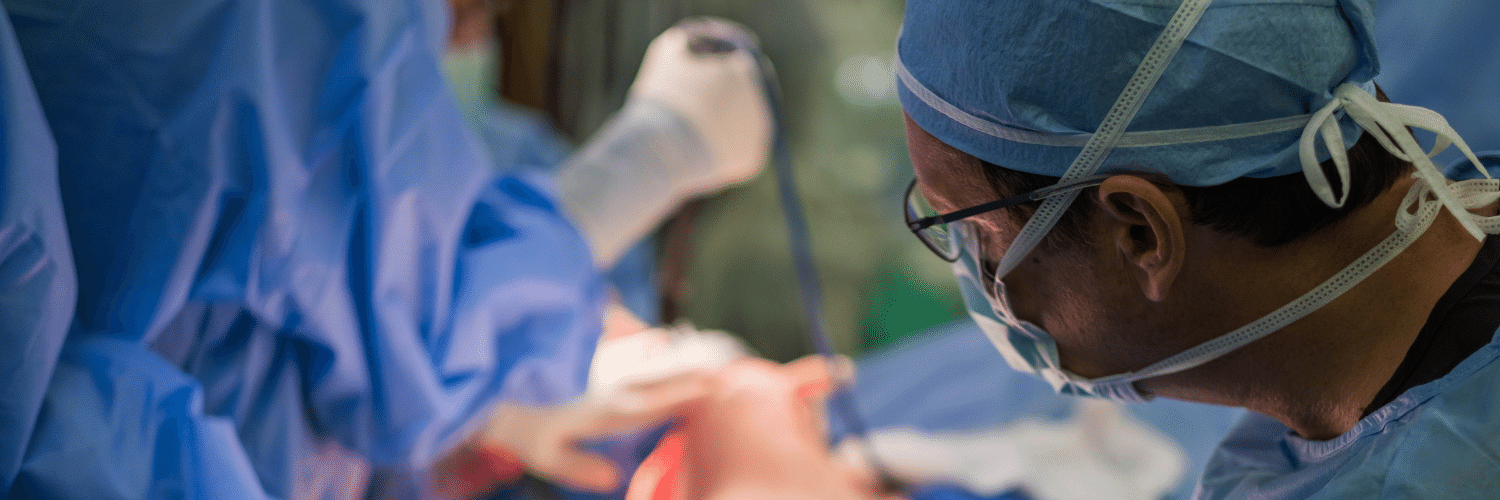
Second Stage DIEP Flap Surgery
Second Stage DIEP Flap Surgery September 08, 2020 Share on Facebook Twitter Linkedin DIEP flap breast reconstruction is typically comprised of at least two stages for the best outcomes. The second stage of surgery is commonly referred to as the “revision” stage and is usually performed about three months after the initial reconstruction. The purpose […]
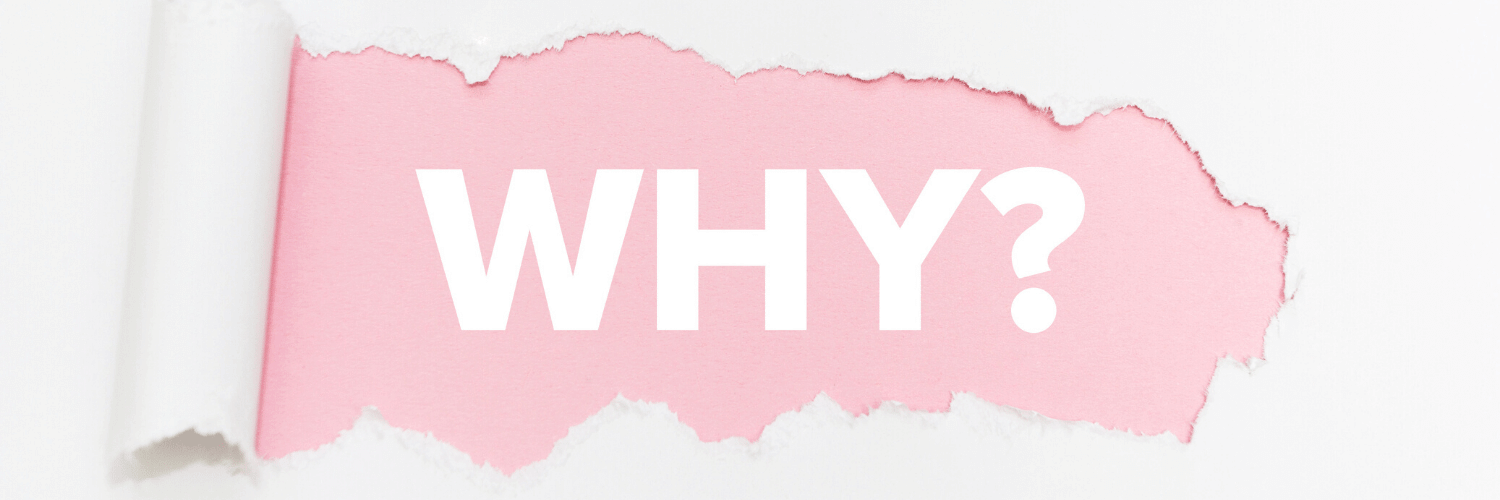
If ‘Flaps’ Are Such A Great Breast Reconstruction Option, Why Doesn’t Everyone Get Them?
If ‘Flaps’ Are Such A Great Breast Reconstruction Option, Why Doesn’t Everyone Get Them? September 08, 2020 Share on Facebook Twitter Linkedin Flap-based breast reconstruction procedures, like the DIEP flap, offer patients a safe, natural implant-alternative option to reconstruction after a mastectomy. Flap surgeries are permanent and are associated with fewer complications after radiation when […]

Great information, I can personally support this as have great success with DIEP following implant removal.
Colleen Febach
January 15,2021